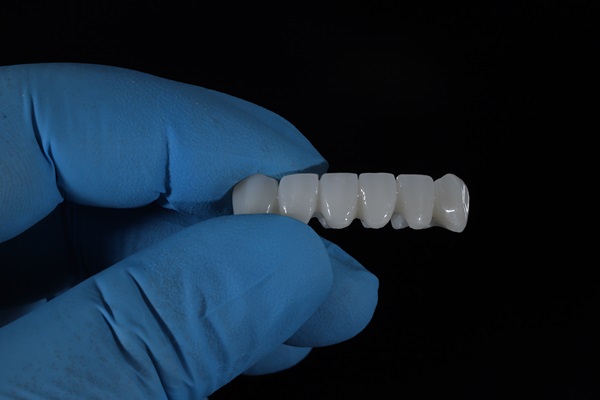Different Levels of Sedation Dentistry

Sedation dentistry might be necessary when feeling anxious or nervous about visiting the dentist for routine care or certain procedures. Dental anxiety is a common condition and it can be caused for a variety of things. Some people have a fear of dentists due to past negative experiences, while others might be afraid of the tools used by dentists.
Sedation dentistry serves a crucial role since people with dental anxiety may do anything to avoid going to the dentist. As a result, minor dental issues are left to fester until they turn into something more serious. This leads to higher dental bills, more pain and extreme discomfort, all of which could be avoided if the appropriate measures were taken early on. It is the pain caused by serious dental issues like cavities and infections that often forces people with dental phobias to face their fears and see a dentist.
The different levels of medication used in sedation dentistry
Sedation dentistry aims to keep patients with dental phobias relaxed during their treatments. This makes their experience at the dentist more pleasant while the dentist can get more work done. Here are the various levels of sedatives that can be used to keep patients calm and relaxed during treatments:
1. Minimal sedation
This is the first level of sedation used to combat dental anxiety. It can involve inhaled medication like nitrous oxide, also known as laughing gas or oral medication. Laughing gas is used to keep patients calm and relaxed during their treatment. The medication is administered via a face mask and it takes effect within a few minutes. The effects wear off quickly, allowing patients to drive themselves home afterward.
Oral medication like Halcion, a type of valium, can be used to address the anxiety that might occur before getting to the clinic. The pill can be taken about an hour before the patient's appointment. Such medication will make a person drowsy, so transportation should be arranged.
2. Moderate sedation
These medications are used to put the patient in a reduced state of consciousness. The patient should still be able to respond to verbal commands given by the dentist during their treatment, but they might not remember what went on afterward. The patient's reflexes remain functional under the influence of these drugs and they can breathe without assistance. IV administration and oral medication are typically used as moderate levels in sedation dentistry.
3. Deep sedation
This level of sedation leads to very low levels of consciousness and the patient might not be able to respond to commands. The patient might also need assistance breathing and keeping their airways open. This level of sedation dentistry is usually used during surgical treatments.
4. General anesthesia
This leads to a total loss of consciousness that the patient cannot be awakened from even when stimulated with pain. The patient will need a ventilator to keep their airways open. This level of sedation is typically performed in a hospital setting for more complex oral procedures.
Explore dental sedatives
Call or visit our Irvine clinic if you need help getting past any dental phobias.
Request an appointment here: https://irvineimplantdentistry.com or call Canyon Dentistry at (949) 753-6000 for an appointment in our Irvine office.
Check out what others are saying about our dental services on Yelp: Sedation Dentistry in Irvine, CA.
Recent Posts
A traditional dental bridge can replace up to three or four consecutive teeth on the same side of a dental arch. It is one of the most common dental replacements you can get. Knowing how to care for it can help maintain your new smile for a long time. Here are some tips for ensuring…
A family dentist is a professional who offers various general dentistry procedures to patients of all ages. Those who practice family dentistry can treat many serious dental concerns, including an abscessed tooth. In addition to being painful, an abscess can lead to further health concerns. Patients experiencing this issue should seek treatment right away.An abscess…
Implant supported dentures are often ideal for a person with missing teeth who has enough bone to support implants. Dental implants have become immensely popular because of the host of benefits they offer. Implants can support a denture, bridge, or crown. Keep reading to learn more about the advantages of implant supported dentures.Implants are artificial…
For patients missing multiple teeth, All-on-4® dentures are an excellent restorative option. These implant-supported dentures can transform a patient's smile. Many patients prefer this type of denture, as it is more secure and natural-looking than a regular denture.Before committing to this procedure, patients need to understand the process. The dentist should explain the benefits of…


